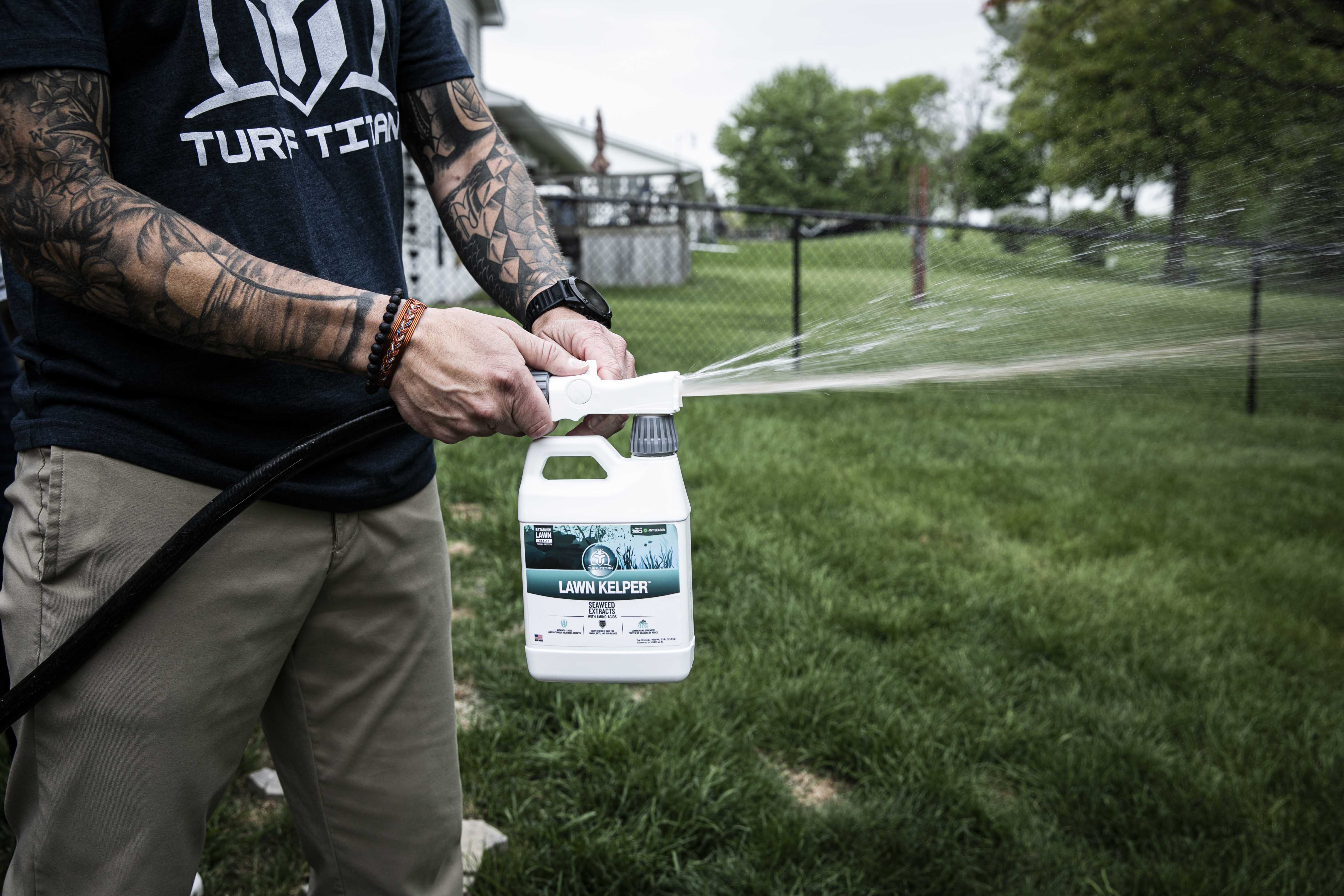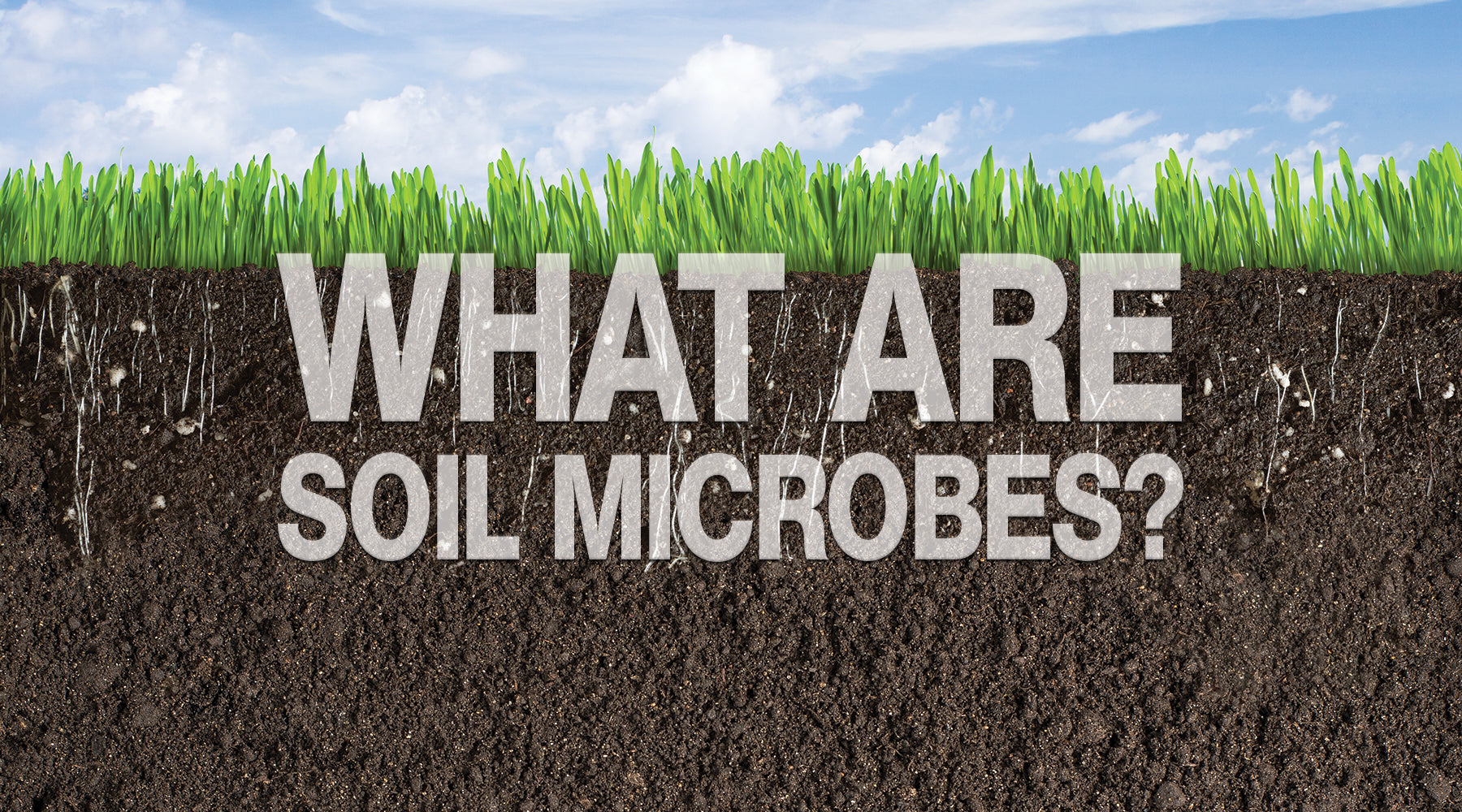Plants depend on the soil environment for all their nutrient needs. The most effective way to get a healthy lawn is by adding the appropriate nutrients to the soil. There are a few ways to do this. One method is adding traditional chemical fertilizer to your lawn, and the other involves soil nutrient amendments. Adding organic matter or fertilizer to your lawn and garden allows you to improve the overall health of the soil but each influence plant growth in different ways.
Soil Nutrient Amendments
Soil microbes play an important role in maintaining soil productivity. The microorganisms living in soil are responsible for converting nutrients locked in the soil using biochemical processes such as litter decomposition and nutrient recycling. Soil amendments do not add concentrated nutrients to the soil but rather they add microorganisms that break down the nutrients in your soil. Plants cannot automatically absorb nutrients in raw form.
Only 40-60% of the fertilizer we apply actually goes to the plant, the remaining is lost to run off into our waterways or is tied up in the soil. This is why soil health is such an imperative piece of plant health. Functional soil is a soil embedded with organic matter and soil microbes that work together to hold onto nutrients in the soil and convert nutrients locked in the soil.
Fertilizer
Fertilizers are concentrated nutrient amounts that you physically add to the soil for a direct plant growth influence. This nutrient addition, however, does not help your soil's ecosystem. For example, a compacted and poorly managed garden will not automatically grow if fertilizer is spread across the topsoil. In fact, the concentrated nutrients may simply run off since your soil cannot absorb moisture well when compacted.
Why Both?
Plants cannot automatically absorb the nutrients in raw form. Bacteria, and other microorganisms, consume the nutrients and expel them into usable elements. If your soil does not have healthy microorganism activity, amendments and fertilizers will not have the desired effect and may be wasted to water runoff over time. Microorganisms need a friable soil texture, along with ample moisture, to have a successful plant. Using microbes to enhance the health of the soil will give you the ability to use less fertilizer and make the fertilizer you do use more impactful.
Repeated overuse of chemical fertilizer can have a negative effect on soil quality and soil microbial community structure. The long-term application of chemical fertilizers can significantly reduce soil pH which is closely associated with decreased bacterial diversity and significant changes in bacterial community composition. Instead of boosting the garden with one nutrient application, like through fertilizing, microorganisms continually add nutrients for several years. If you continue to add these materials periodically to the soil, you have a consistent nutrient concentration for healthy plant growth.









Leave a comment
This site is protected by hCaptcha and the hCaptcha Privacy Policy and Terms of Service apply.